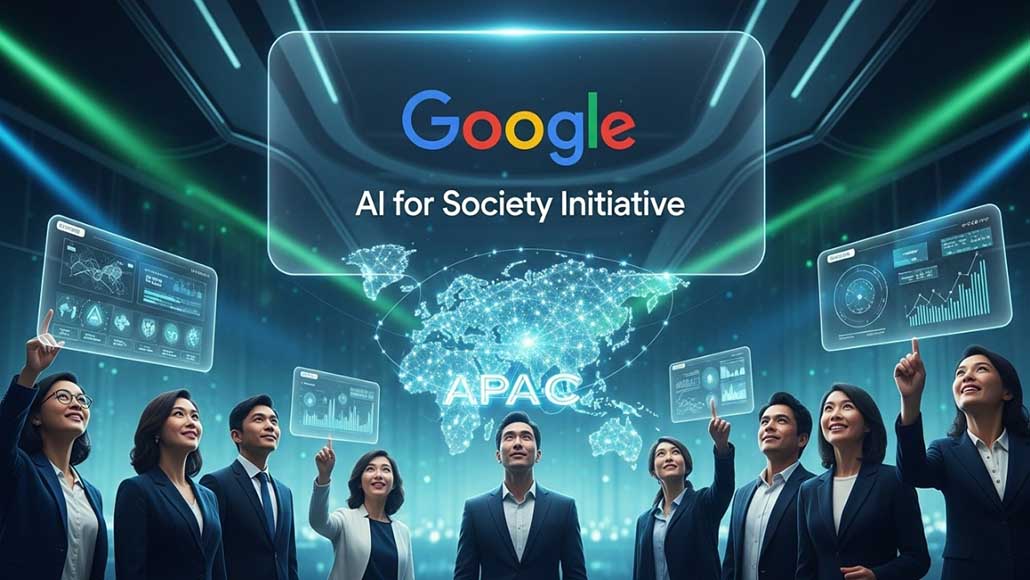In a move that highlights the deepening commitment of Google to harnessing artificial intelligence as far as societal advancement is concerned, the tech giant has unveiled its APAC AI for Society initiative, which is aimed at addressing some of the most pressing challenges by way of AI innovation in the Asia Pacific region. Announced by way of a company’s official blog post, this program looks forward to partnering with academic institutions, nonprofit organizations, and of course the government in order to roll out AI solutions in areas of environmental sustainability, education, and healthcare. This initiative builds on the AI opportunity agenda of Google, which stresses offering equitable access to technology all across the diverse populations.
At its center, the APAC AI for Society initiative focuses on fostering AI-driven projects that can scale the effect in a region that is home to more than 4.5 billion people, many of whom happen to face the unique barriers of fast urbanization and climate susceptibility. Google looks forward to investing in research grants, collaborations, and technical support to accelerate these efforts, drawing from its previous extensive AI expertise developed by way of tools such as Bard and TensorFlow.
Scaling artificial intelligence for regional barriers
Recent updates underscore The momentum of the initiative with google.org expanding its AI opportunity fund across Asia Pacific by $12 million earlier in 2025. This infusion goes on to target training programs for small businesses, workers, and even nonprofits ’s by helping them to integrate AI within their operations. For example, the fund goes on to support 49 organizations that are selected by the Asian Venture Philanthropy Network (AVPN) so as to upskill APAC workers.
This expansion goes on to sync with the participation of Google in forums such as APEC 2024, where the company went on to showcase public-private collaborations in order to broaden the benefits of AI as detailed in its own policy blog. There are industry insiders who note that such partnerships are very critical in terms of navigating the regulatory intricacies in APAC, where countries such as Singapore and India are racing to establish the framework within AI governance.
Right from workforce training to social impact
Going deep, the initiative extends the legacy of AI for social good at Google, which dates back to 2018, when the company went on to launch a $25 million challenge for beneficial AI projects. In APAC, this goes on to manifest through programs such as Google for Startups AI Academy, which offers three-month cohorts to help the entrepreneurs make utmost use of AI for business growth.
Besides this, security as well as resilience happen to form a key pillar, with google.org’s 2023 grant program helping NGOs within cybersecurity as well as AI upskilling. This kind of holistic approach by the company makes sure that AI not only drives the efficiency, but at the same time, it also safeguards the susceptible communities against digital threats.
Policy recommendations along with future outlook
The AI opportunity agenda by Google happens to provide a blueprint for policymakers, recommending investments within skill development, infrastructure, and also ethical AI deployment, as mentioned in the 2023 blog post. For APAC, this means customizing solutions to local contexts, like using AI for disaster response when it comes to flood-prone locations or even elevating education across remote villages.
As the initiative goes on to evolve, experts expect more cross-border partnerships, potentially influencing the worldwide AI standards. With the present expansion, Google happens to be positioning itself as a major player in making sure that AI serves society equitably, although there are challenges such as job displacement as well as data privacy, which remain a strong point of scrutiny for regulators as well as insiders. This kind of strategic push could redefine how tech giants engage across the emerging markets by ensuring that innovations resonate far beyond a specific location.


















